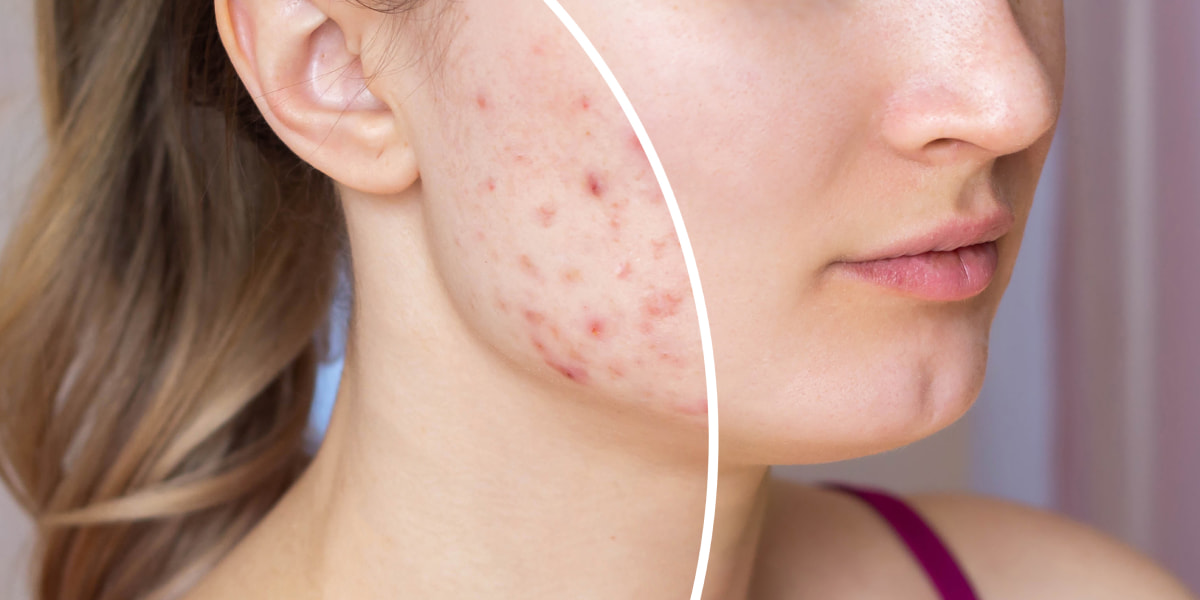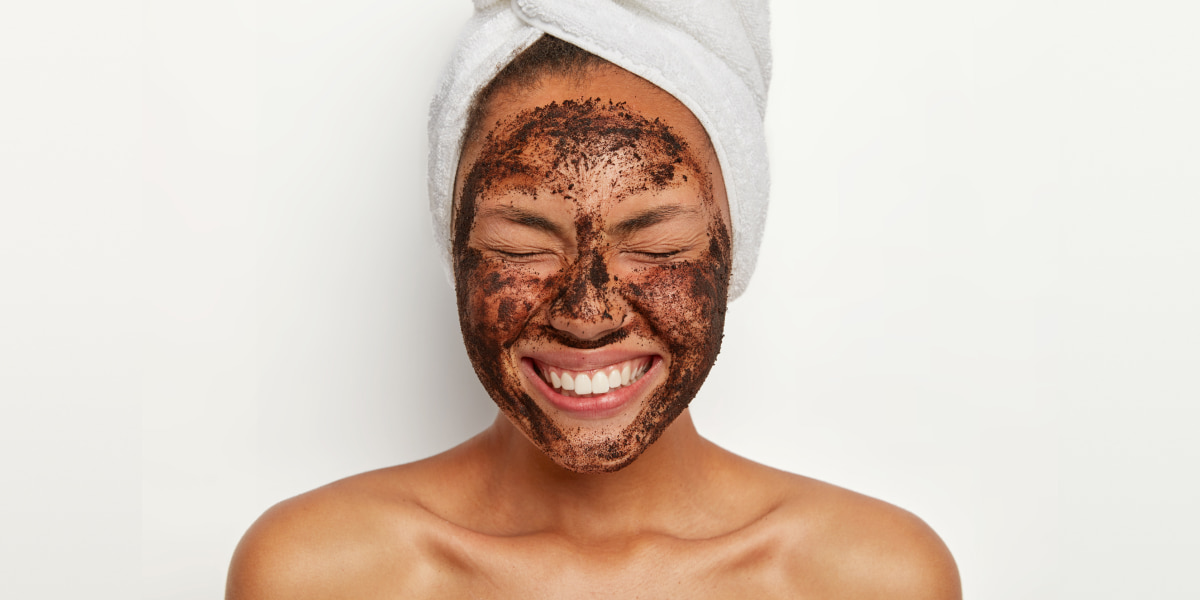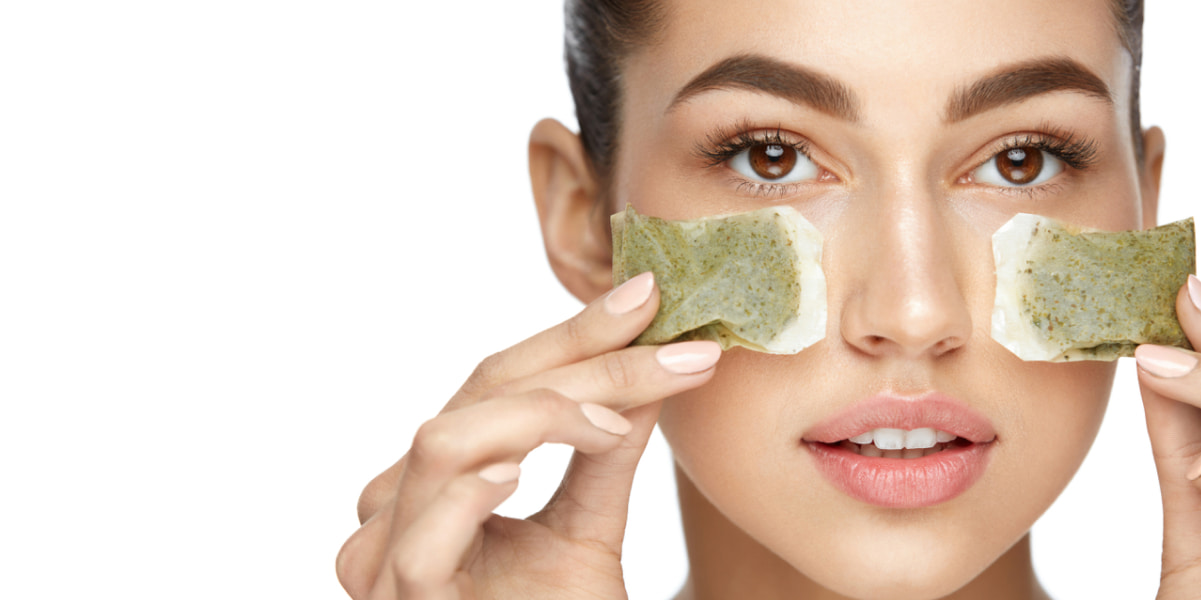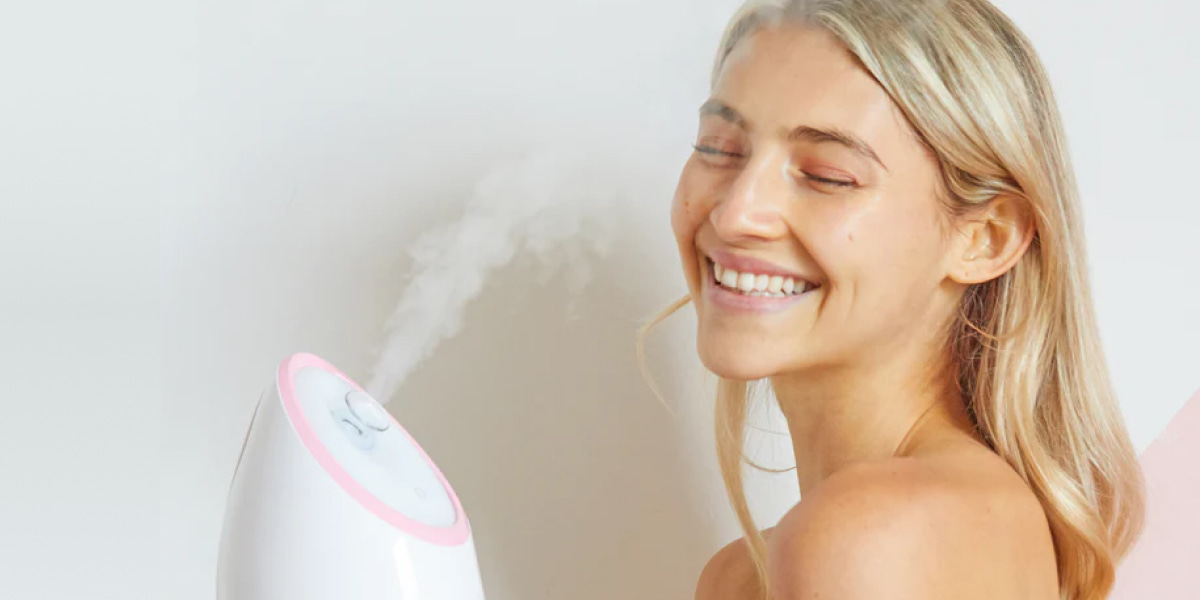Published on August 5th, 2022
Last updated on January 25th, 2023
Waking Up With Scratches: Possible Reasons And How To Prevent It
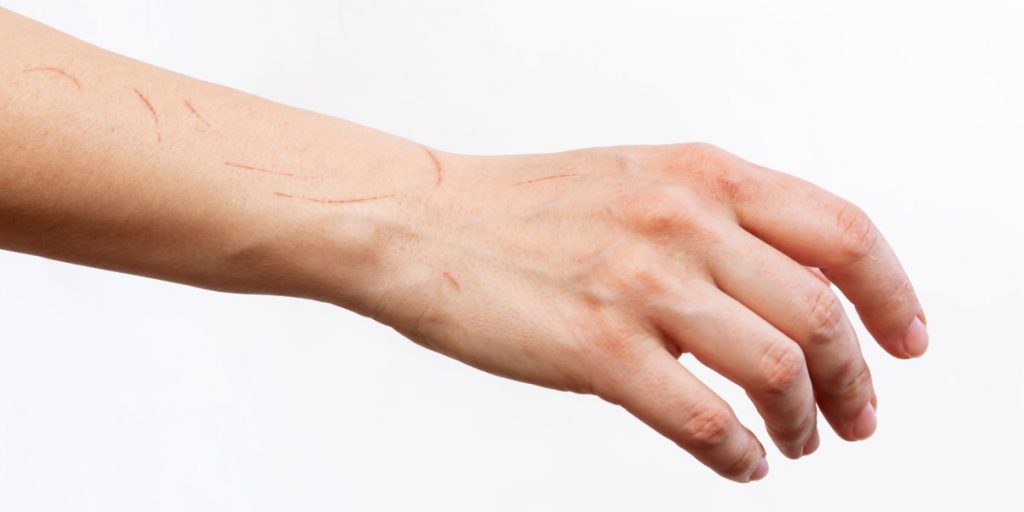
There might be several reasons you woke up with inexplicable scratches or markings resembling scratches on your body. Scratches can be deep and occasionally bleed; scars tend to take their place over time. Unintentional self-scratching is the most common reason for waking up with scratches while sleeping.
I am here to inform you about the scratches on the body during sleep, their origins, and possible solutions to not waking up with cuts.
Common Causes Of Scratch Marks On The Skin While Sleeping
These are the most benign causes and don’t require any particular care or even visits to the doctor. You shouldn’t worry excessively or assume that you are unwell right away. Scratching in a dream might signify that you just need to modify your sleeping environment.
1. Self-made Cuts
Self-made scratches are more likely to appear on the face, shoulders, or chest because they are more visible. If you already have an itch on your skin, you are more likely to scratch yourself. But occasionally, itchiness while you sleep, might be considered a sleep disturbance.
Sharp or long nails might make the issue of scratching the face in sleep worse. Most superficial scratches result in long-term skin damage.
2. Pet Scratches
You risk getting nighttime scratches if you share a bed with a dog or cat. Additionally, you can scratch during the day and not see the scratches until the next morning.
A pet could be to blame if you have scratch marks on the skin while sleeping on your back or other difficult-to-reach areas when you wake up. Cat scratches, in particular, may make people sick. Cats can transmit cat-scratch fever, resulting in fever, blistering, or exhaustion.
3. Insect Bites
When an insect bites humans while asleep, they typically start to itch the bite. Bed bugs are parasites that hide in furniture and other objects around the house. As a result, they could be to blame for your scratches when you sleep at night. Look for these insects in your bedspreads and mattresses.
The itching from spiders and mosquito bites is exacerbated at night. Before sleeping, using antipruritic will be helpful.
4. Pregnancy
Extremely irritating stretch marks might form as a result of the expansion of the belly during pregnancy. Using moisturizers throughout the day helps reduce itching, but not at night. Considering how much we move when we sleep, moisturizers might not stay on our skin all night. That is why a pregnant woman can wake up with cuts and scratches on her body or near her stretch marks during sleep.
5. Sleepwalking
In a kind of parasomnia known as sleepwalking, a person in a state of sleep moves around and carries out specific tasks as if they were awake. The patient could get scratches or other injuries of unknown origin due to this illness.
What Disorders Can Cause Scratches On The Face And Body While Sleeping
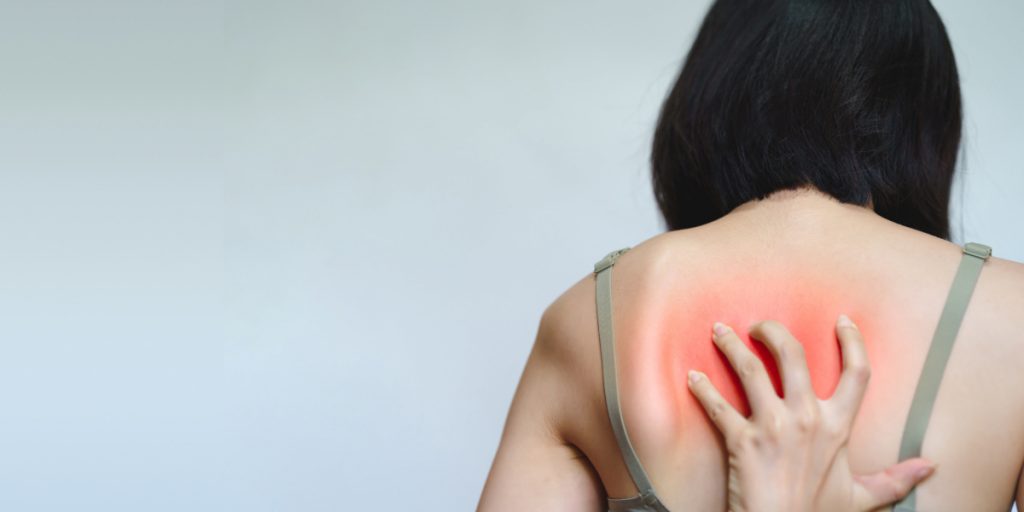
This block denotes more severe reasons, including diseases, allergies, or sleep rashes. These incidents are rare; most commonly, scratches in dreams are brought on by unimportant domestic issues. Check out the more severe reasons for sleep scratching, though. Do not attempt to diagnose yourself; instead, get medical advice if you are unsure.
1. Allergic Reactions
Due to allergic responses to drugs taken in the evening, a person may itch while sleeping. Additionally, itching may happen if the detergent used to wash sheets or blankets irritates the skin.
- Scratches can be identified by looking at the skin or analyzing further allergic response signs;
- Rash, skin redness, and swelling (including skin or lips) are some symptoms. The rash is typically brought on by taking specific drugs, coming into touch with an allergy, irritant, or both;
- A specific diet may also cause an allergy to the skin.
Suppose you wake up having trouble breathing and scratches on the body during sleep. In that case, this might indicate a severe allergic response, and you should see a doctor immediately.
2. Dermatographia
That condition, sometimes known as “skin writing“, is a disorder where seemingly little scratches result in a brief but substantial response. Skin irritation is possible from scratches, although they heal fast.
- Symptoms often last simultaneously for 30 minutes. Rarely signs last a day or more;
- While some are a little redder, some scrapes seem white on the skin.
Scratching the face and body in sleep worsens dermatographia, leading to severe wounds or even allergic responses.
- People may have dry skin, dermatitis, an irritant, or frequently itching their skin. They could also have a thyroid disorder, a nerve problem, or an underlying sickness that causes itchy skin. All of this suggests that the individual could have dermatographia.
While teens and young adults are more likely to develop dermatographia, children frequently have a higher risk of it.
3. Flagellate Erythema
Another skin condition that occasionally resembles scratches while sleeping is Flagellate Erythema. This rash frequently develops after chemotherapy, although other things like eating shiitake mushrooms can also bring it on.
Flagellated erythema rashes frequently resemble scratches, are extremely irritating, and develop on the back (in most cases).
How To Avoid Waking Up With Cuts
The underlying cause of sleep scratching determines the course of therapy. For instance, addressing that disease may be the answer to the issue if it is a specific skin condition. Topical medications, such as anti-allergic moisturizers, are frequently beneficial. Sharp scratches will be less likely with shorter nails. Soft gloves might be helpful for certain persons at night.
It makes sense to enhance sleep quality when it is impossible to pinpoint the source of scratching. You may achieve this by the following pieces of advice:
1. Enhance Sleeping Habits
It is advised to avoid using electronic devices (including phones) at least an hour before night to sleep in a cool, dark environment. Avoid consuming stimulants like coffee or cigarettes to reduce waking up with cuts and scratches on the body during sleep.
A person may be more likely to have parasomnia if sleep-deprived. Regularly getting adequate sleep lowers the chance of this. Doctors may prescribe medications to enhance sleep if you are dissatisfied with these methods.
- You should contact a doctor if your attempts to get rid of night scratches are unsuccessful, and you still wake up with scratches on the face and body;
- Another reason to see a professional is if there are deep scratches that appear infected or if other dangerous symptoms start to occur nearby.
Your doctor could advise having a sonogram or another type of sleep test performed. The apparatus reads the human brain’s activity while sleeping in the clinic to record it. Researchers are also investigating how well mobile applications can track movement while you sleep. After all, they can aid in identifying the root of emerging issues.
2. Lessen Stress
A person might feel itching more keenly when they are under higher anxiety. Stressful nighttime thoughts might also interfere with sleep.
3. Avoid Alcohol Or Using Psychotropic Medicine
Drugs and alcohol can lower sleep quality by making parasomnias more likely, leading to scratching.
Summary
Scratches while sleeping may appear on your face, arms, or body when you wake up. You can have a dermatography or a skin disease that makes you itch at night. You should consult a dermatologist or physician for a diagnosis and treatment plan if scratching makes you uncomfortable, irritated, or itchy.
FAQ
Why Do I Scratch My Face In My Sleep?
You could have a skin condition that makes you itch a lot at night, or you might be affected by some common outside causes.
What Does It Mean When You Wake Up With Scratches?
This activity may be classified as primary or secondary parasomnia, unrelated to or provoked by a dermato-logical or systemic condition. Furthermore, it can be a sign that a pet is scratching you.
What Causes Nighttime Itching In People?
Sleep and wakefulness, hormone activity, appetite, digestion, and body temperature are all influenced by circadian rhythms. Evening heat release and increased blood flow to the skin might be factors in nighttime itching.
What Is Parasomnia?
A parasomnia is a sleep disorder that causes unnatural and unpleasant bodily occurrences or experiences that keep you awake at night. A parasomnia can happen before, during, or right after waking up from sleep. If you suffer from parasomnia, you could act strangely, move abnormally, talk abnormally, or express your emotions in odd ways.


